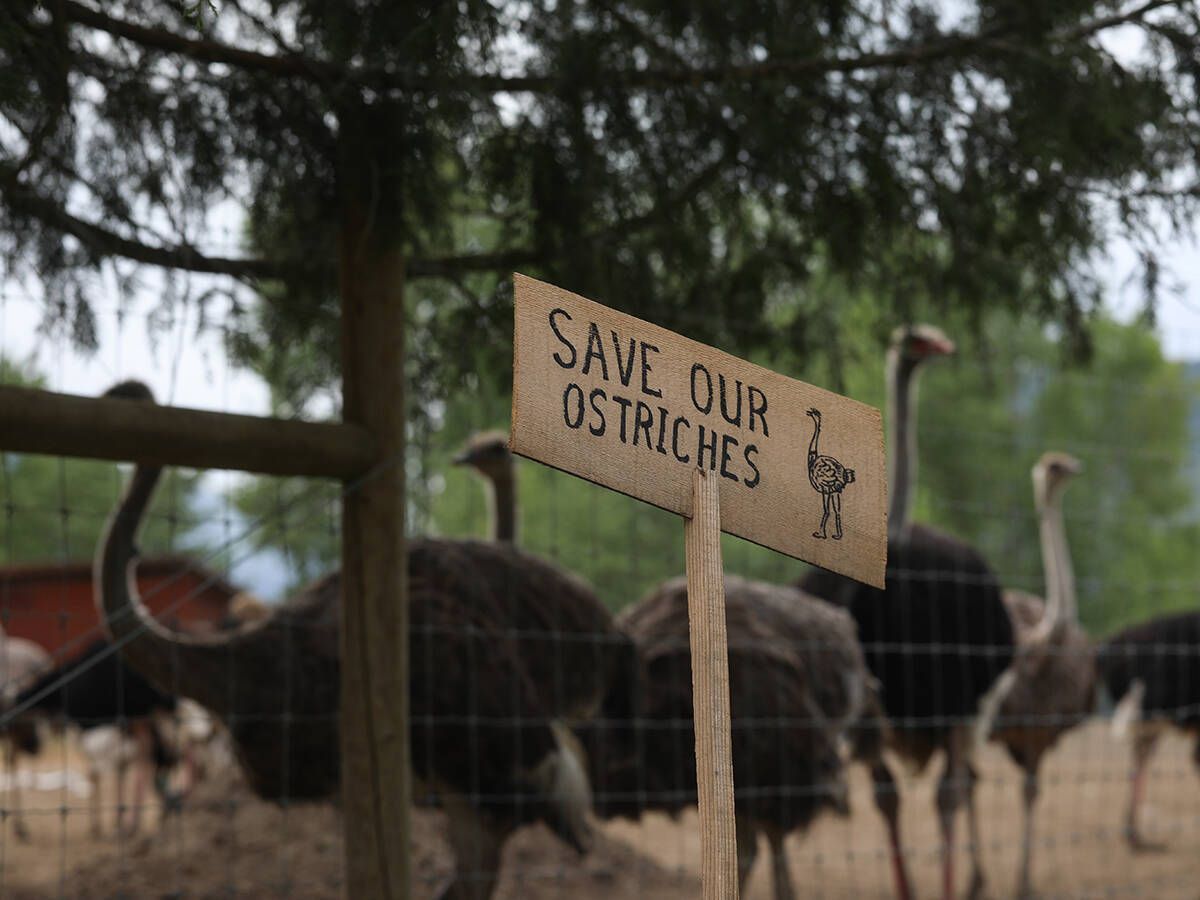OTTAWA — No one wants to pay more taxes than necessary, but an expert says tax shouldn’t be the only thing people worry about when succession planning.
Ryan Kehrig, national tax leader for agriculture at MNP, said tax is a critical component of a succession plan, but people often ignore many other things they should address.
Related stories in this issue:
- Farm transition does not have to be a messy process
- Good governance, respect help farm transitions
- Probate planning can help families avoid future problems
“There are so many other factors and dynamics that need to be sorted through, agreed upon and discussed with all parties before tax needs to become involved,” he told a succession planning workshop at the Canadian Federation of Agriculture annual meeting.
Read Also

Ostrich farm case shows power of social media
The social media circus surrounding the BC ostrich farm, could happen again in Canada, says communication expert
“Without having these necessary discussions, the best laid tax plan is pretty much doomed to fail if we don’t have the underlying dynamics right for a true farm succession and transition, along with required buy-in.”
Kehrig said there has been concern about proposed changes to capital gains inclusion rates and the lifetime exemption, but farmers still have access to the most powerful tool available: the intergenerational farm property rollover rules.
Under that policy, qualified properties can be transferred to children and the tax is deferred.
He said the big ticket items when it comes to farm transfer are farmland, production or quota, interest in a family farm partnership and shares in a family farm corporation.
“If these (rollover) rules didn’t exist and you couldn’t do these tax-deferred transfers every time this qualified farm property was transferred to the next generation, there would be a corresponding tax liability on the increases of these assets,” Kehrig said.
Given how much land has increased in value, the tax on those gains would have to come from the cash flow of the operation. He said in many cases, that tax bill would be so large it would make the farm no longer economically viable.
Theoretically, if the farm continues to be passed from generation to generation, it could escape capital gains forever.
Kehrig also outlined the capital gains discussion that has occurred since the April 2024 proposal to increase the capital gains inclusion rate and the lifetime exemption. Both of those changes have been deferred until Jan. 1, 2026, and given the current political uncertainty, it’s unknown whether they will take effect.
Other legislation that affects farm transfer was contained within Bill C-208, as it was then known, in June 2021. It levelled the playing field for parents who were looking to sell their farms to their children.
Before that bill passed, parents selling to children would have been in a worse financial position than if they sold to their neighbours.
“Originally the sale proceeds received from their kids would have been taxed at dividend rates, and in Canada dividend rates are higher than capital gain rates,” Kehrig said.
In 2024, the policy was tightened to add safeguards that ensure true business succession occurs. Kehrig said it is a little more restrictive but still a powerful tool.
“This allows parents potentially out of the farming operation at effective tax rates, helping to cash flow their retirement, estate planning needs while giving the next generation of farmers the certainty that they need to pay out their parents in a tax efficient manner,” he said.
He repeated that taxes shouldn’t be the driving motivation for transition.
“The tax tail should not wag the dog. It should be the other way around here,” he said.
Trevor MacLean, national leader of MNP’s TransitionSmart, said communication, transparency and taking the time to develop a proper plan are key.
“Communication is where your success will start or where the suck will come into your succession plan,” he said, adding sound governance to the list of critical components to a successful transition.
Kehrig reminded workshop participants that fair and equal are not the same thing and that it’s up to the retiring generation to decide what they want to do.
“The best transition plans from a tax and overall perspective are where nothing’s a secret,” he said.
Contact karen.briere@producer.com
















